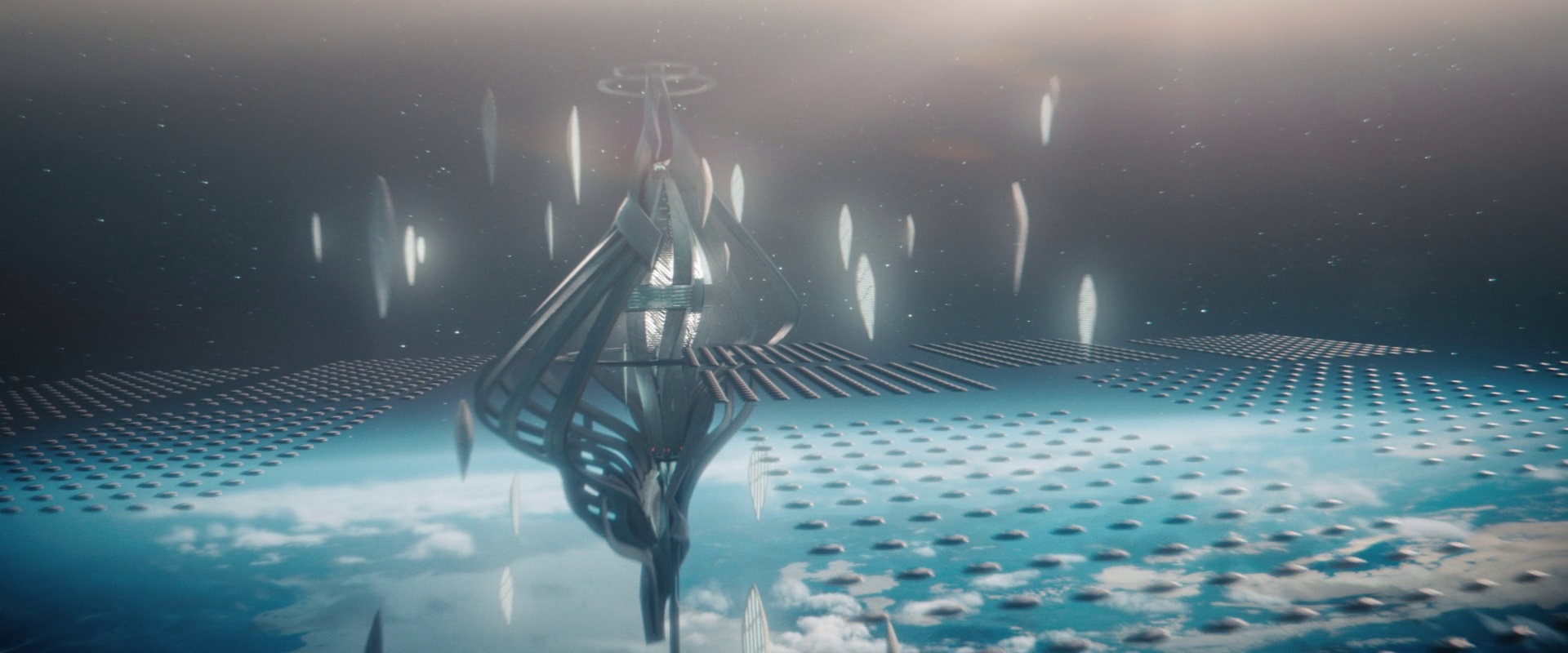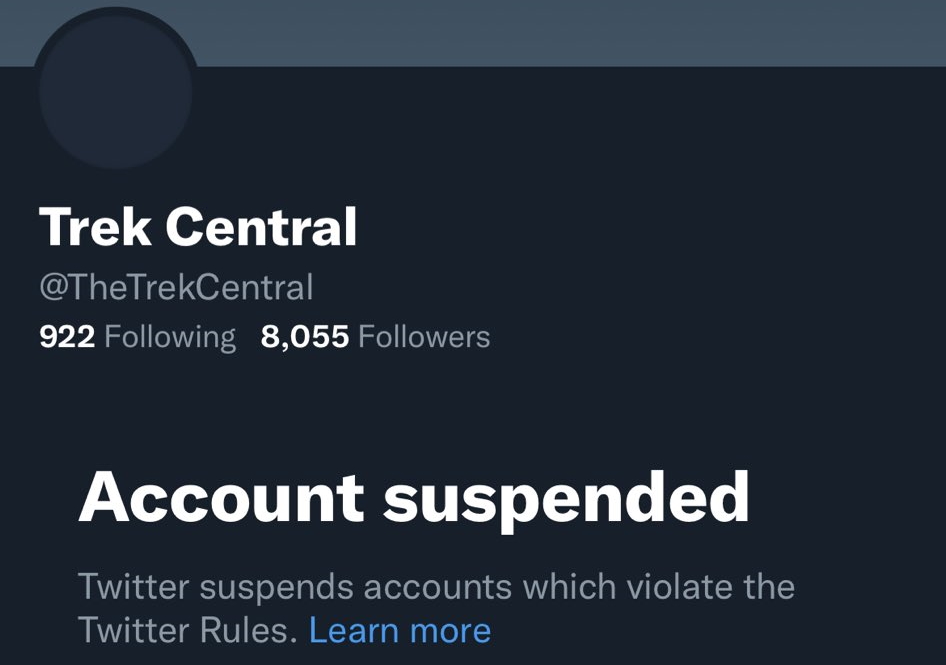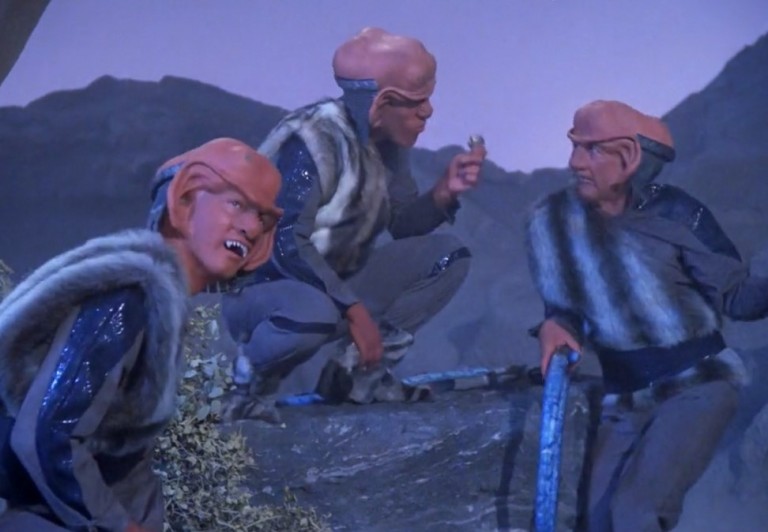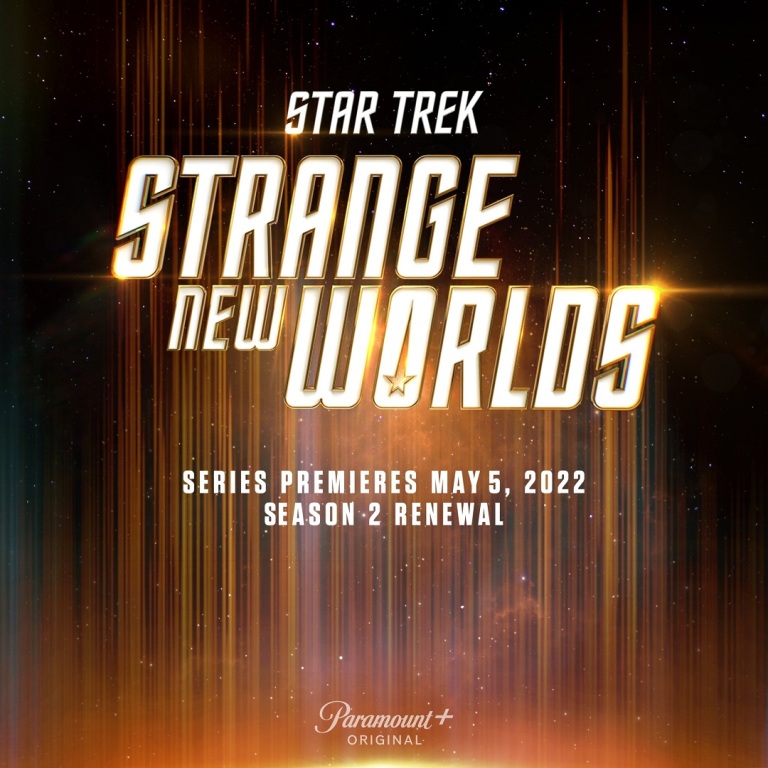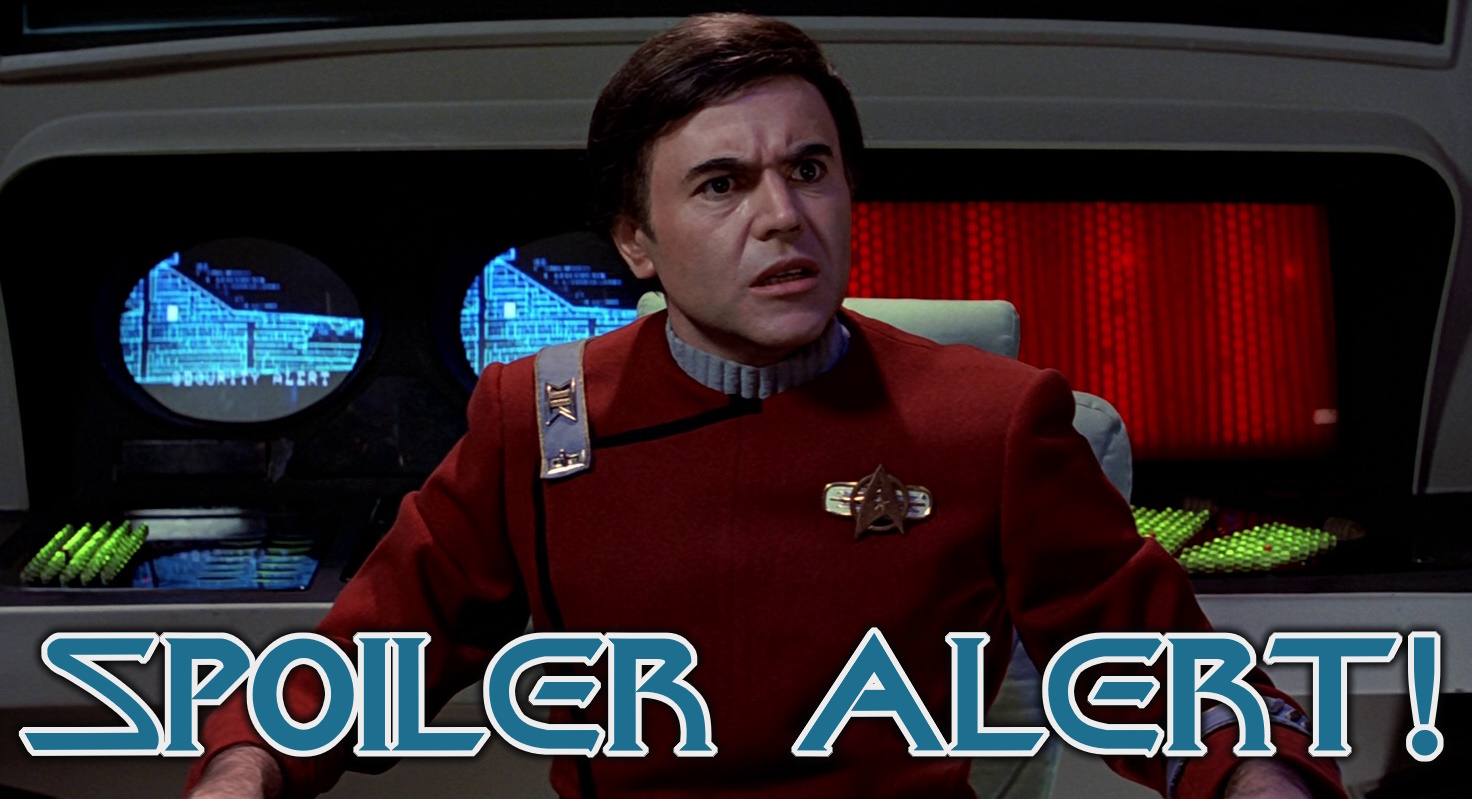
Spoiler Warning: Beware of very minor spoilers for Strange New Worlds Seasons 1 and 2, Discovery Seasons 1 and 2, and Picard.
If you follow Star Trek on social media, or really any of the big Star Trek fansites or channels, you’ve probably already heard the news that Strange New Worlds is to be cancelled after a truncated fifth season. I find this to be an especially disappointing blow, as Strange New Worlds has been the best show – and by far the best live-action show – since Star Trek’s small-screen resurrection back in 2017. Captain Pike has been telling us in voiceover form that the Enterprise is on a “five-year mission,” of course, but I’m not gonna lie: a big part of me was hoping that this show would continue to go from strength to strength, pushing past that five-year mark.
This decision is quite clearly coming from the corporate side. Paramount’s finances have been bad for a long time, Paramount+ is on shaky ground as very much a second-tier streaming service, and the ongoing Skydance merger seems to be pretty convoluted, even by industry standards. So I’m not stunned at this news – just as Discovery’s cancellation, Lower Decks’ cancellation, and the lack of interest in Star Trek: Legacy didn’t shock me too much, either. But that doesn’t make it any more pleasant or easy to digest.
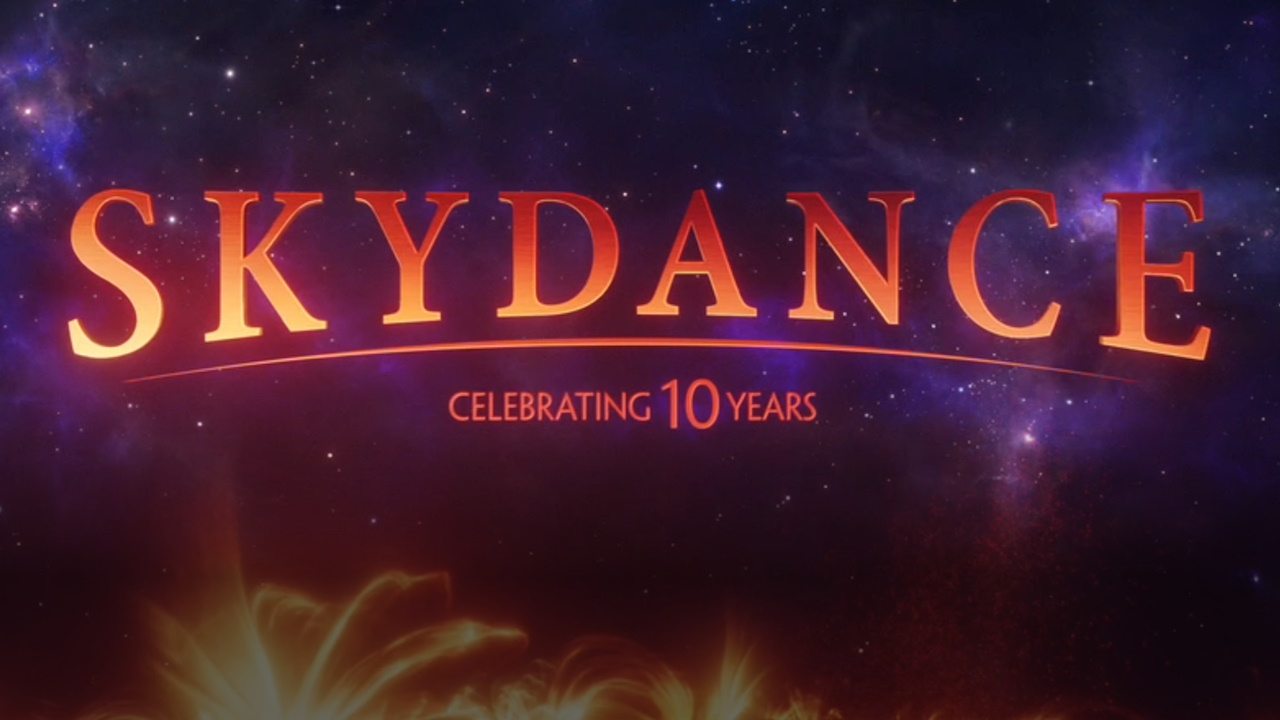
It seems odd to announce the cancellation at this stage: a few weeks before Season 3’s premiere, and potentially two, three, or even four years before the show’s fifth and final season will be broadcast. Is it not at least possible that high viewership and a strong fan reaction to Seasons 3, 4, and 5 could make the show a more intriguing business proposition? With the Skydance merger still ongoing and a new leadership team potentially coming in, mightn’t they be interested in the flagship series for one of Paramount’s biggest franchises? Or conversely, did Skydance insist on cancelling Strange New Worlds – and perhaps other Star Trek projects, too – ahead of the merger?
We may never learn exactly what happened or what the ins and outs of it all were. But it’s disappointing in more ways than one to learn that Strange New Worlds isn’t being given more of a chance. I don’t know what the show’s viewership has been like, but I would remind everyone that Season 1 wasn’t available internationally at first, so there’s only really been one full season that was available around the world on Paramount+ on broadcast day. It feels premature to cancel the show when you bear that fact in mind. And that’s not to mention that, historically speaking, Star Trek shows tend to improve as they go along, picking up more support and viewers from their second seasons onwards.
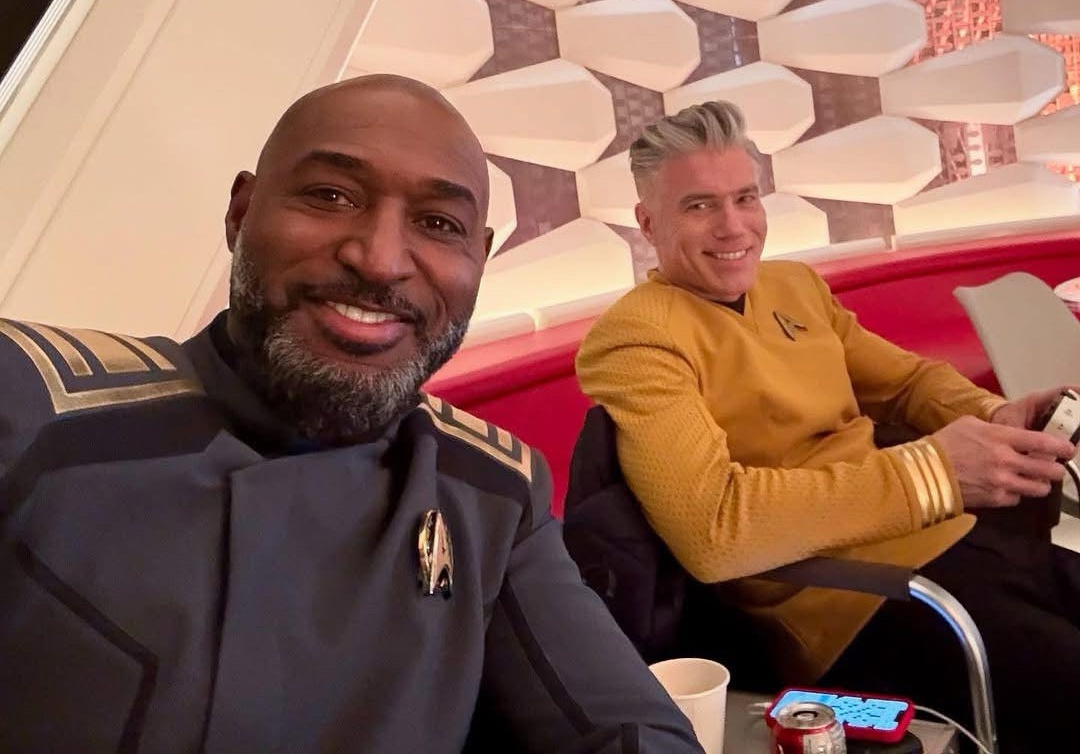
Then there’s the shortened fifth season. Season 5 will run to a mere six episodes instead of the usual ten. What, were those extra four episodes really fucking up the budget that badly? Is Paramount so broke that the corporation can’t stump up a few extra dollars for four episodes of a series that’s already in production, where the majority of its sets are already built, and the main roles are already cast? C’mon… that’s just pathetic.
Strange New Worlds has been the high-water mark of modern Star Trek. But, as with almost everything Paramount’s executive fuckwits have touched over the past decade, some appalling decision-making at the highest levels has worked against the show and its prospects. Oversaturation of the Star Trek brand is a major contributing factor, with Strange New Worlds having to compete for attention against four other Star Trek shows at various points, including episodes of Picard which were literally broadcast on the exact same day. Then there was the piss-poor decision to cut off the series from anyone outside of the United States during its critical first season. And even when Strange New Worlds was available and wasn’t being trodden all over by other Star Trek shows… it didn’t get much of a marketing budget, hardly any tie-in merchandise, and Paramount always seemed to treat the show as secondary to Discovery and Picard. Even as those shows came to the end of their runs, there wasn’t as much love for Strange New Worlds as there should’ve been.

I heaped praise on Paramount back in 2020 for commissioning Strange New Worlds. The show wouldn’t have come to exist without the incredibly positive reaction fans had to Pike and Spock’s roles in Discovery Season 2, and I think it’s worth acknowledging how at least some folks at Paramount had the basic business acumen to recognise that. Strange New Worlds was prioritised ahead of Section 31, arguably contributing to that series being put on hold and eventually re-worked into the TV movie we got earlier this year. And I stand by what I’ve said multiple times: that was the right decision. Fans were clamouring for more adventures with these versions of Pike and Spock, as well as for an episodic series that returned Star Trek to its roots. It’s no exaggeration to say that Strange New Worlds is the Star Trek show that I and many other Trekkies had been waiting for for a very long time.
There’ll be time in the months and years ahead to give Strange New Worlds a proper autopsy, discussing what went wrong, what went right, and what lessons the newly-formed Skydance-Paramount corporation can learn for Star Trek’s future… if Star Trek has a future beyond the next few years. But for now… I just feel like wallowing, to be honest with you. The timing of the news caught me off-guard, with Season 3’s marketing campaign ramping up, and while a five-season run is in keeping with modern Star Trek and with Pike’s “five-year mission,” I’m still disappointed to learn that the end is nigh for Strange New Worlds.
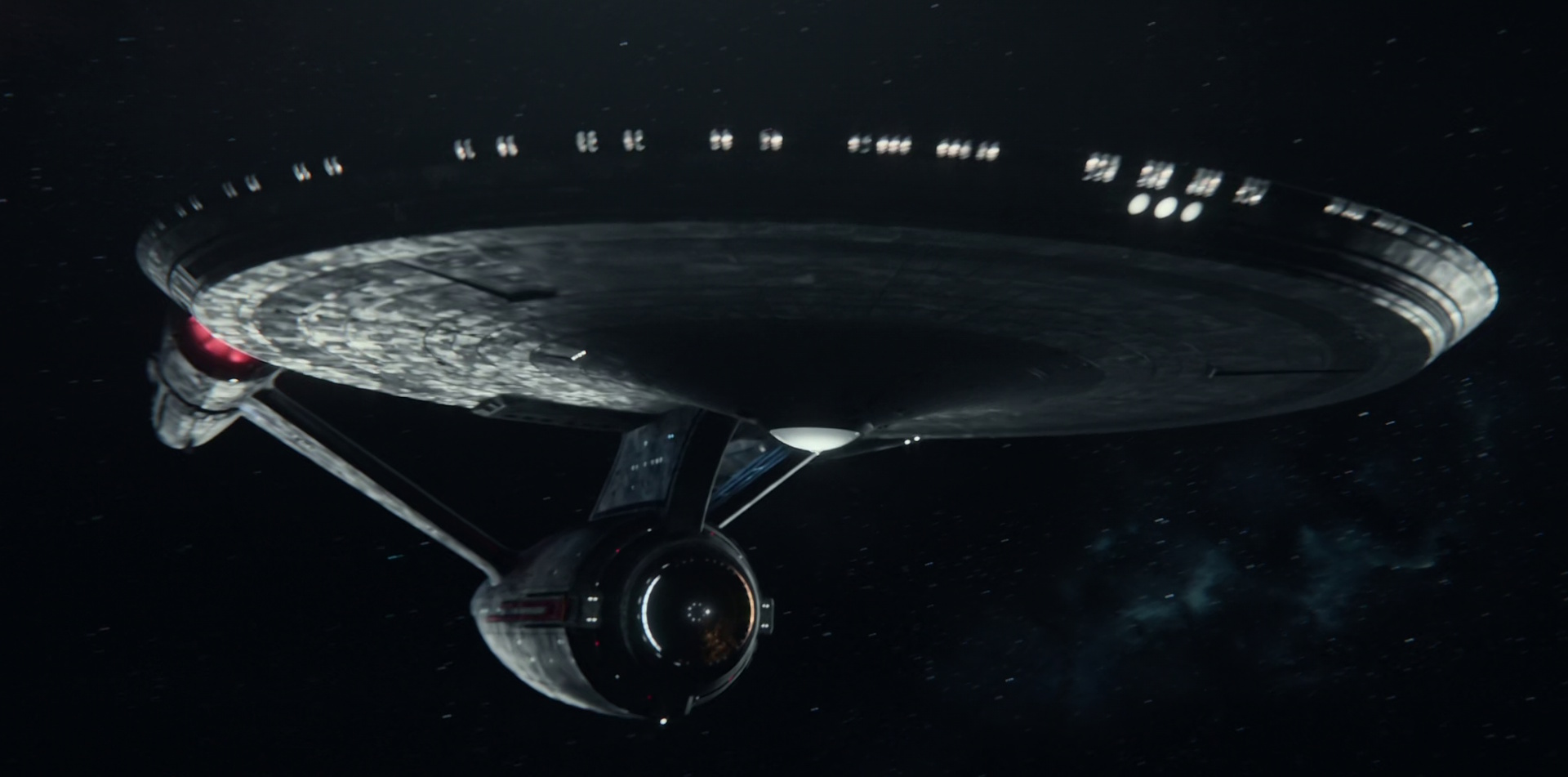
Let’s talk a little about the timing, because this really is a bit of an oddity, isn’t it?
We’re weeks away from Season 3’s premiere. A new trailer was released just a few days ago. The cast are soon gonna be out and about on the interview circuit. This is categorically not the time to announce that the show is being cancelled! It risks overshadowing the marketing push for Season 3, and it risks turning away potential viewers. What’s the point, after all, in tuning in for Season 3 if the show’s about to be canned? A lot of people won’t read the whole press release; they’ll hear “Strange New Worlds is being cancelled” and push the series out of their minds. Paramount has always struggled with timing – and with plenty of other incredibly basic things that practically every other entertainment corporation handles better – but even by their standards this is pretty bad.
The only thing I can think of to justify the announcement is this: the news was about to be leaked. Someone at Paramount got wind of an imminent leak and jumped in first, trying to head it off. Maybe that’s what happened… I don’t know. It seems to me to be the only logical justification for the timing of this announcement.

So what does all of this mean for Star Trek’s future?
This might have to be the subject of a longer piece in the weeks ahead (when I’ve had more time to process things and get my thoughts in order) but I have a couple of things to say at this stage.
Firstly, I sincerely hope Strange New Worlds can be Star Trek’s last prequel series – at least for a good long while. There were fun moments in Enterprise, Discovery’s first couple of seasons, and the Kelvin films… but for a franchise that’s always been about looking to the future, prequels have never felt right to me. Strange New Worlds has, in my view, been outstanding… but if there is to be more Star Trek on our screens in the years ahead, let’s move the timeline along instead of re-treading old ground. Many Strange New Worlds episodes would’ve worked just as well – if not better – had they been set in the Picard era. A few small tweaks here and there and you’d be all set!
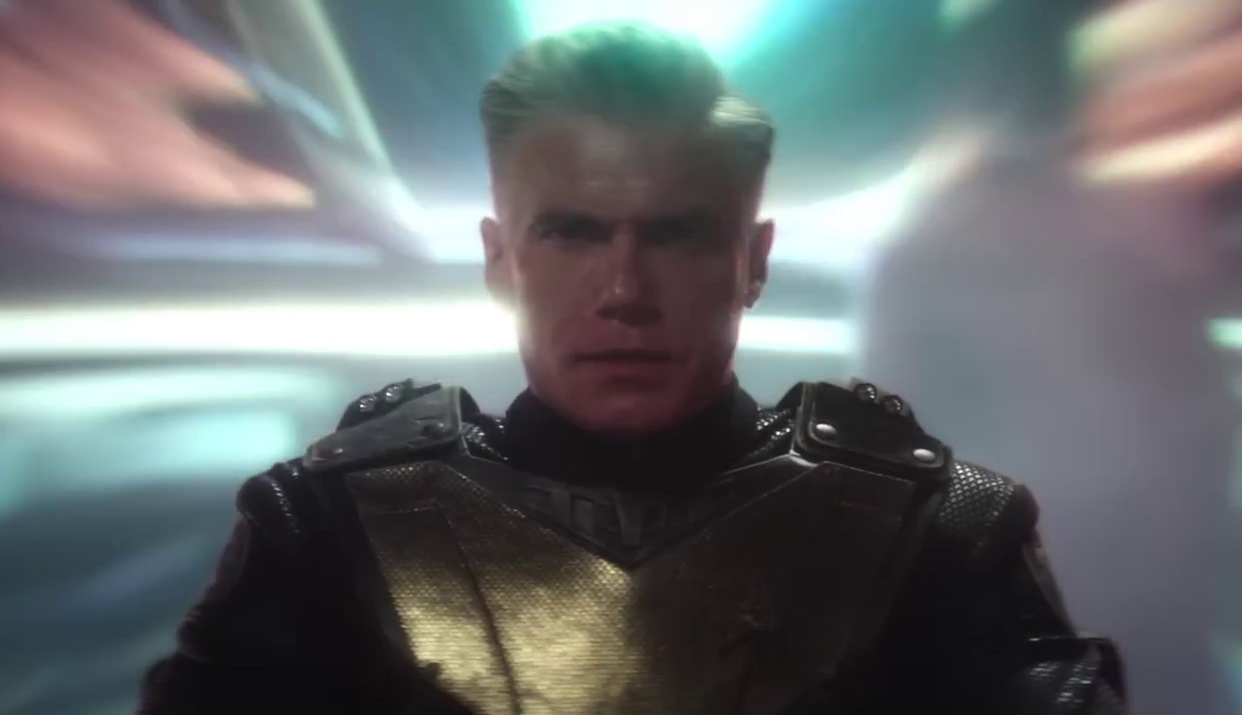
Secondly, I feel increasingly certain that, by the time we get to 2028 or 2029, Star Trek as a whole will cease production.
There are other projects in production right now: two seasons of Starfleet Academy and potentially at least one season of Tawny Newsome’s “workplace comedy” show. To me, a reasonably plausible timeline might see us get Starfleet Academy next year, Strange New Worlds Season 4 in 2027, Starfleet Academy and/or the comedy show in 2028, and Strange New Worlds’ finale in 2028 or 2029. But after that? Paramount’s merger will have fully concluded, and it’ll be up to the new executives to decide what – if anything – they want to do with Star Trek.
When Paramount+ was beginning its painfully slow rollout a few years ago, I said that I wouldn’t be surprised if the streaming platform doesn’t make it to the end of the decade. And despite talks of a potential merger of Paramount+ with another platform, I feel like that looks more and more likely, too. The future of streaming feels like it’s going to consolidate around a few large, profitable platforms, meaning second-tier, unprofitable ones like Paramount+ are on the way out. I don’t see the merger changing that, either.

What that means for Star Trek is that, if the franchise survives, it’ll likely be licesned out to someone like Netflix or Amazon in the future, rather than being made for Paramount’s own platform. Even in the Paramount+ era we’ve seen this; Prodigy was recently licensed to Netflix, though that deal is shortly coming to an end. With Netflix having been burned before, though, with both Discovery and Prodigy… will they want to make another investment in this beleaguered brand? If Star Trek kind of fizzles out in the second half of the 2020s, will it be an appealing prospect to any big streaming platform in the future?
Maybe we’re getting ahead of ourselves. It’s still possible that the remaining seasons of Strange New Worlds or Starfleet Academy will bring in new viewers, attracting new eyes to Star Trek at just the right time to greenlight more from the franchise! Maybe that’s a little too optimistic for this moment, but my point is that you never know. Strange New Worlds is fantastic with its episodic storytelling, and Starfleet Academy has the potential, at least, to appeal to younger folks. There are a couple of glimmers of hope there, I feel.

But none of that can hide the disappointment of today. Strange New Worlds – the show spawned by a fan campaign and which quickly became the best thing Star Trek has done in years – is cancelled. And Season 5 won’t even manage a measly ten episodes.
I’m glad that Star Trek was resurrected in 2017, and there have been some fantastic, hilarious, and emotional episodes produced over the past eight years. But we’re seeing the effect of Paramount’s epic mismanagement now; shows failing to find an audience, being either cut off from the world or squashed up too tightly together, and ultimately the result is premature cancellation. I don’t know what the future might hold for Star Trek beyond Strange New Worlds’ finale… but I hope whoever’s in charge of the franchise by that point does a better job than the current crop of executive morons.
Despite this disappointing news, I still hope to watch and review Strange New Worlds Season 3 later this summer, so be sure to check back for that. Until then… well, I don’t really have any encouraging or optimistic words to end on, I’m afraid.
Star Trek: Strange New Worlds Seasons 1 and 2 are available to stream now on Paramount+ and are also available on DVD and Blu-ray. Season 3 will premiere on the 17th of July. The Star Trek franchise – including Strange New Worlds and all other properties discussed above – remains the copyright of Paramount Global. This article contains the thoughts and opinions of one person only and is not intended to cause any offence.





